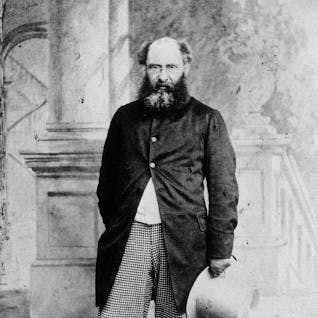
Too Long; Didn't Read
Mr. Longestaffe had brought his daughter down to Caversham on a Wednesday. During the Thursday and Friday she had passed a very sad time, not knowing whether she was or was not engaged to marry Mr. Brehgert. Her father had declared to her that he would break off the match, and she believed that he had seen Mr. Brehgert with that purpose. She had certainly given no consent, and had never hinted to any one of the family an idea that she was disposed to yield. But she felt that, at any rate with her father, she had not adhered to her purpose with tenacity, and that she had allowed him to return to London with a feeling that she might still be controlled. She was beginning to be angry with Mr. Brehgert, thinking that he had taken his dismissal from her father without consulting her. It was necessary that something should be settled, something known. Life such as that she was leading now would drive her mad. She had all the disadvantages of the Brehgert connection and none of the advantages. She could not comfort herself with thinking of the Brehgert wealth and the Brehgert houses, and yet she was living under the general ban of Caversham on account of her Brehgert associations. She was beginning to think that she herself must write to Mr. Brehgert,—only she did not know what to say to him.



RELATED STORIES





L O A D I N G
. . . comments & more!
如有侵权请联系:admin#unsafe.sh
